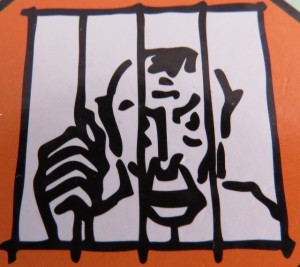Value Added Tax (VAT) was introduced on 30 September 1991 at 10% and increased to 14% on 7 April 1993.
The VAT system comprises three types of supply
Standard-rated supplies – supplies of goods and services subject to the VAT rate in force at the time of supply
Exempt supplies – – supplies of goods and services subject to the VAT rate in force at the time of supply
Zero-rated supplies – supplies of certain goods or services subject to VAT at zero percent. The following are amongst others specifically zero-rated brown bread maize meal stamp mealie rice dried mealies dried beans lentils pilchards (excluding pet food or sardines supplied in tins) milk powder (unflavoured) dairy powder blend rice fresh vegetables (excluding canned bottled and dehydrated) fresh fruit vegetable oil used for cooking (excluding olive oil) milk including long-life milk (excluding condensed flavoured sweetened and evaporated milk) cultured milk brown wheaten flour raw eggs pod vegetables diesel petrol and illuminating paraffin. Export sales and services are zero-rated subject to specific requirements.
VAT input tax credits may in general not be claimed in respect of entertainment and sedan and double-cab type motor vehicles
All fee-based financial services are subject to VAT from 1 October 1996 with the exception of
premiums payable in respect of life policies issued in terms of the Insurance Act and contributions to pension provident retirement annuity and medical aid funds and
compulsory charges built into the selling price of units in unit trust schemes



